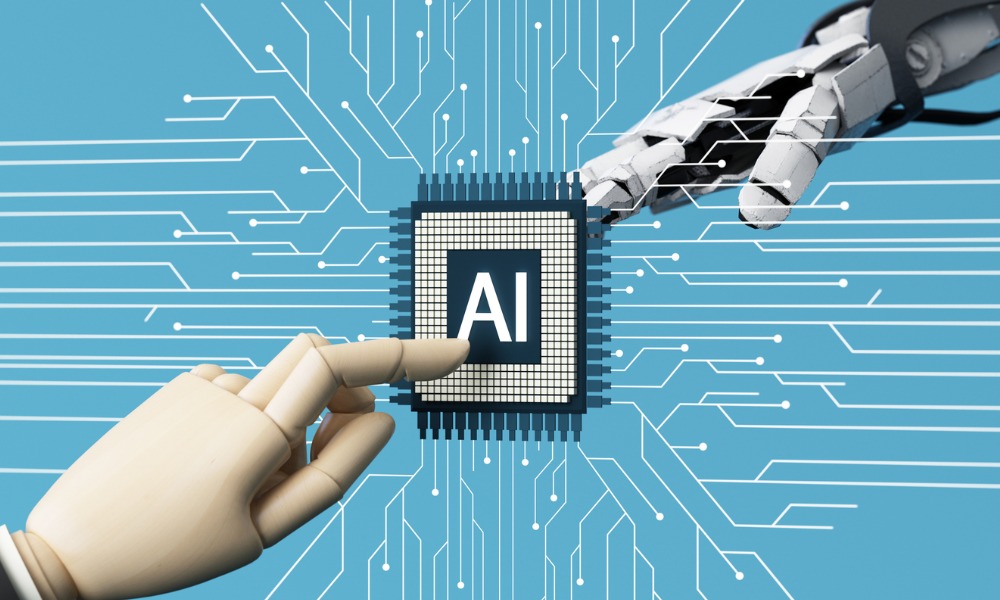
More than 60% of respondents indicated that using such tools would assist them with workload management

Generative AI has helped 88% of the respondents in a recent Ashurst study to “feel more prepared for the future”.
Findings published in the report Vox PopulAI: Lessons from a global law firm's exploration of generative AI indicated that for 61% of post-trial survey respondents, using generative AI would help them to feel more supported when it comes to workload management.
“Generative AI offers huge potential gains, not only in terms of efficiency but also new value creation opportunities, for both law firms and our clients. Our experiments with GenAI-powered tools have helped us to assess the benefits and challenges that come with this technology and to plan how we can best use generative AI to deliver solutions for our clients”, chief digital officer Tara Waters said. “The legal industry is only at the start of its exploration journey in the adoption of advanced AI technologies, and this report has attempted to lift the lid on our own journey and findings so far”.
The report, which was described by Ashurst as a first of its kind, outlined the results of trials involving three generative AI platforms. The firm recruited more than 400 individuals from 23 offices in 14 countries to test out the tools and determine their potential value and effect on the legal profession.
“There are lots of possibilities this new technology offers and much more testing to be done. It is now vital that moving forward we embrace sharing and collaborating in this way, as we all navigate the noise around GenAI and promote meaningful, beneficial change in the legal industry”, Waters said.
The initial outcomes suggested that generative AI bolstered the efficiency of legal document drafting considerably; as per controlled experiments, users saved 45% of their time on average when they utilised generative AI in generating first draft legal briefings. Those who used such tools to create corporate filings that necessitated review and information extraction from articles of association saved 80% of their time; according to Ashurst, this meant 2.5 hours of time saved for each briefing draft.
A blind study was also conducted wherein a panel of experts was tasked with differentiating generative AI-generated output from human-generated output. While the panel correctly singled out the human-generated content, they identified just half of the generative AI-produced content.
“There is no ‘one size fits all’ when it comes to embedding GenAI appropriately. Our research has opened the door to a greater understanding of the digital literacy and development needs of our people and what is required to achieve broader digital transformation at Ashurst. We now have a better understanding of pain points, user needs, and our lawyers' daily experience, which has allowed us to make investment decisions based on measurable data and to move forward with designing our own GenAI policies and implementing its use in our firm”, Ashurst Advance global head Hilary Goodier said.
She explained that the firm’s goal in conducting the trials was to “go a step beyond simply identifying the best use cases and value GenAI can add, and to instead uncover the best approaches in supporting our people in the future adoption of this new technology capability”.
“The buzz around AI has captured the imagination of so many in our firm, sparking conversations globally around how we can use AI to improve the way we work and deliver enhanced services to our clients”, Goodier said.